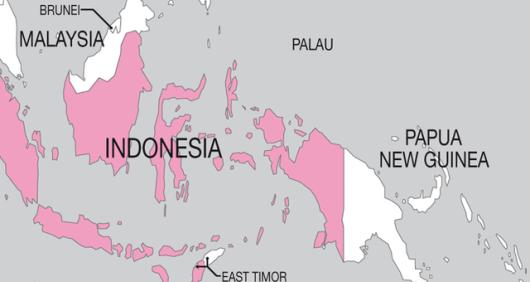Urgent Action Outcome: Lecturer Granted Presidential Amnesty

Saiful Mahdi, a university lecturer who was convicted of defamation for a WhatsApp message, received a presidential amnesty on 13 October 2021. He should never have spent a single day behind bars as he was imprisoned solely for peacefully exercising his right to freedom of expression.
NO FURTHER ACTION IS REQUESTED. MANY THANKS TO ALL WHO SENT APPEALS.
Saiful Mahdi, a statistics lecturer, was convicted of defamation for expressing criticism of the recruitment process at Syiah Kuala University, Banda Aceh, in a closed WhatsApp Group as a way to improve the employee recruitment system in the future.
Reported to the police by the Dean of Faculty of Engineering, Saiful Mahdi was sentenced to three months in prison and a fine of ten million rupiah (approximately USD $690) under article 27 paragraph (3) of the Electronic Information and Transaction Law on 21 April 2020. Following the rejection of his appeal by the Supreme Court, he was escorted by the prosecutors on 2 September 2021 to serve his prison sentence.
Following months of international and domestic mobilisation, the President of Indonesia signed his decision to grant an amnesty on 12 October 2021, releasing Saiful Mahdi from Banda Aceh prison the next day. Based on Indonesia's Emergency Law No. 11/1954, this amnesty means that all charges against Saiful Mahdi are dropped, and he is clear from all accusations. The fine of 10 million rupiah that he had paid, will also be returned to him.
Jailed solely for peacefully expressing his opinion, Saiful Mahdi should never have spent a single day behind bars. On his release, Saiful Mahdi's wife, Dian Rubiyanti, said that the same amnesty should have been given to others who have been punished under Electronic Information and Transactions Law. Saiful Mahdi thanked the coalition of CSO's and public that had been standing beside him since he was reported to the police in April 2020.
The case of Saiful Mahdi underscores the importance of revising the Electronic Information and Transactions Law, since it criminalizes freedom of speech and expression. According to Amnesty International Indonesia's records, the number of people sentenced under the articles of the Electronic Information and Transactions Law is increasing every year. Referring to the records, there were 24 criminal cases based on the ITE Law in 2019. The number increased to 84 cases in 2020. Meanwhile, during the first four months of 2021, the number reached 18 cases.